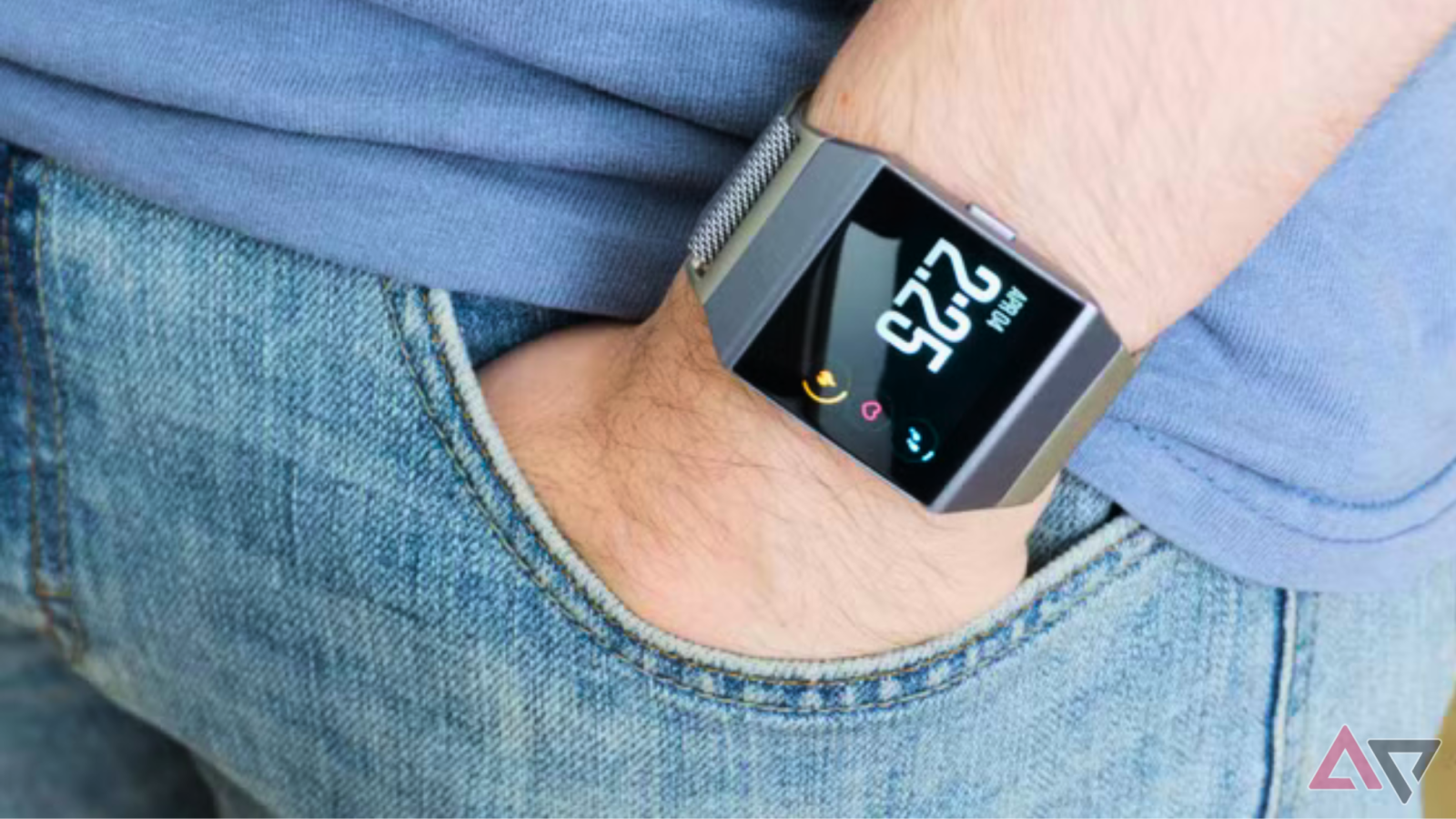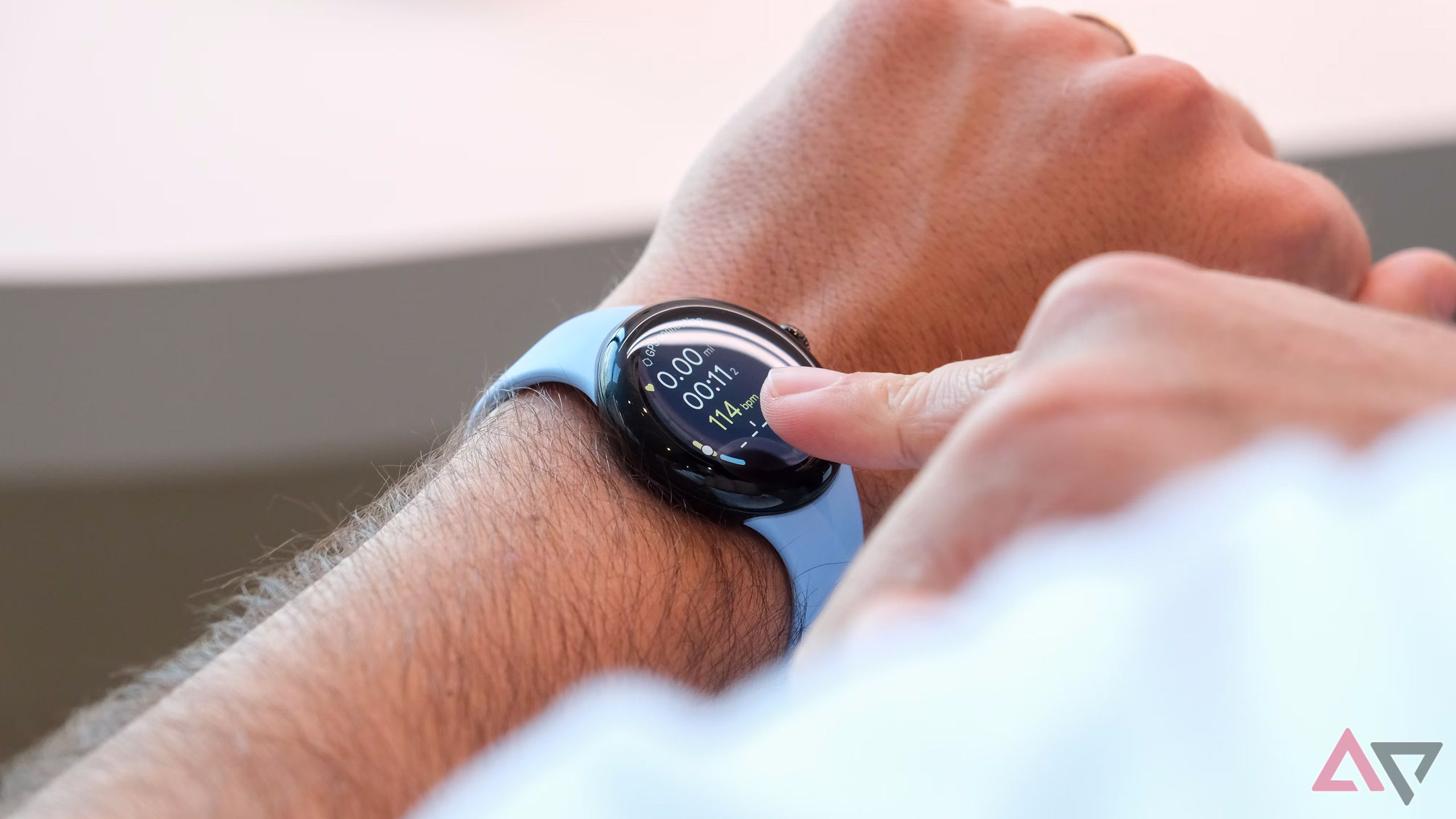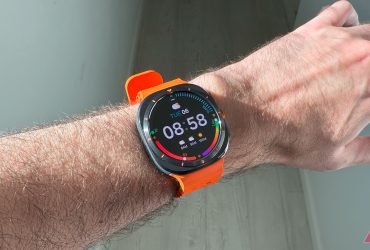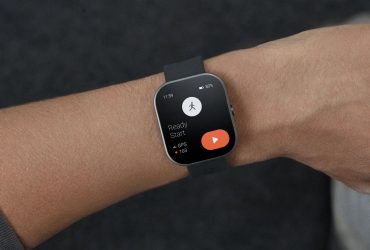
Contents

Sign in to your Android Police account

Summary
- Fitbit is previewing new Labs features for Android with Gemini-powered tools for health management.
- New features include a medical record navigator, symptom checker, and unusual trends monitor.
- These features are experimental and not intended to diagnose or treat medical conditions.
Rumors of Fitbit’s imminent demise may be premature . Google appears to be experimenting with some new features for the beloved fitness platform, including giving it some of Gemini’s AI superpowers.

Related
Fitbit is previewing a set of new Labs features for Android devices (via 9to5Google). These include a Gemini-powered tool to analyze and summarize medical records, a tool to analyze symptoms, and a health trends monitor. These functions are expected to roll out soon.
Here’s how it all works to manage your health
Source: 9to5Google
The medical record navigator allows users to upload PDFs or images of lab reports to the Fitbit app. Google Gemini will extract and summarize the information in simpler language. It will also display educational links to go along with the summary. The feature is located in the ‘Fitbit Labs’ section under the user profile menu.
The symptom checker allows users to input symptoms and will ask follow up questions to arrive at a probable cause. For example, if you input something like “I feel nauseous” it will then ask a series of questions, each one designed to eliminate possible causes of the nausea until it’s left with what is most likely.
There’s also a new ‘unusual trends’ tool that monitors several metrics, such as your breathing, heart rate, and other vitals. The tool learns your baseline over time, and then flags deviations that could indicate a change in health status.
These features are experimental and not intended to diagnose or treat medical conditions. Fitbit notes they are not a substitute for professional medical advice.
The privacy implications of feeding your health data to AI
These features can be useful. Fitbit, and, by extension, Google, is clearly experimenting to see how artificial intelligence can help people manage their health. However, it raises some concerns about the use of what is very personal and private data. Fitbit says the data collected during these experiments is used for product development and research purposes. There is not much else to go on.
Anyone interested in trying these features out can sign up via the Labs section in the Fitbit app. Note that you will need a Fitbit watch for tools such as the symptom checker and unusual trends monitor.
What’s your reaction?
Love0
Sad0
Happy0
Sleepy0
Angry0
Dead0
Wink0









Leave a Reply
View Comments